
Broken Hearts - excerpt
Füsun Atalay ~ Copyright © 2008
My father once told me that a broken heart never truly mended. I remember his words as if he said them yesterday, although I was only fifteen years old when he uttered them - and so much is different from the teenage years of my life which fade into history, unless I try to bring them to the foreground in an attempt to understand myself now.
"The important thing is not to break a heart in the first place," he had said. "Because, no matter how hard you try to mend it afterwards, the line will always show."
I hear the crunch of our footsteps as the heels of our boots sink into the hardened January snow. I see us stop on a snow mounded curb on that clear, starry night and I ask, “What line, Babacim?”
My father’s breath escapes through his icicle lined nostrils as he exhales. The picture of still life fixed of that instant a long time ago becomes animated in my mind. We are cold but we needed the walk and to talk - to get out and disperse the bad feelings after one of my mother’s tantrums. (I forget the reason for her tantrum - the cause or the act fades in memory, only the feelings of hurt remain like a bruise.)
We used to take walks in spite of the cold or the snow and have father-daughter chats on many topics— school, poetry, literature. Babacim remembered poems he had learned by heart when he was in high school, and loved reciting them to me. They were Turkish poems — sometimes there was a word here and there with its roots in Persian or Arabic— which I didn't understand, but just the same, I loved hearing the cadence in his voice, and the poems themselves. As far back as I can remember, that's why I wanted to write poetry - and marry such words and feelings that made one tremble with the effect of their union.
"The fine line where the broken pieces are glued together," he replies, between puffs of icy breath that carry his words. "Picture a delicate porcelain vase. You take care and place it somewhere so it's beyond harm’s reach. . ."
My mind immediately travels to our living room where the only vase we have, a hand-painted Kütahya tile design filled with silk flowers, sits on the coffee table — typical of most immigrants. It is one of the few valuable souvenirs that followed us intact from Ankara three years ago when my parents decided to emigrate to Canada.
". . . and then one day, someone comes along and thoughtlessly knocks that vase down. It breaks. No matter how carefully it's glued back together afterwards, the hairline mark where it was put together will always be there. Even if you see it or nor, it will be there like the lines on a broken heart. . "
Our Kütahya vase did not get broken while I lived with my parents. But if I could view my father’s heart through a special lense, I’m sure I could see many tell-tale lines of it where it was glued back, after having been broken over and over and over.
His vase analogy stayed with me all my life as a poignant reminder of how a careless word or a thoughtless action can hurt and shatter someone without realizing its implications. Perhaps I had seen in my father a broken-hearted man living with his dignity and a smile on his face in spite of the wounds of a mended heart . I vowed to myself never to to inflict a broken heart on anyone.
Who had broken my father’s heart?
It took me most of my adult life to find an answer to this daunting puzzle, and when some pieces seemed to fit into place, I wished that certain questions had stayed unanswered. I was lured by the quest — as we often are— and disregarded the consequences at the end of my search. The answers seldom turned out happy or satisfactory. They are not what I hoped for. There was no evil witch who cast a mean spell to make my loved ones behave the way they did. The spell was not undone by exposing the realities. Instead, I was faced with the unexpected, the unknown, the shocking and had to deal, and learn to live with my findings.
That’s the gamble I took.
The special bond between my father and me was not due only to our artistic kinship and fondness of literature and poetry. Our love of nature, animals, perception of beauty in an opening flower or a wafting snowflake, the simple joy in inhaling the aroma of a freshly baked loaf, happiness at finding the exact word to express a thought, sadness at goodbye’s and joy at hello’s made up only a part of what made me — his first—born so special to him as they made him so special to me.
We also shared a tacit force in our lives we both knew we had to live with, accept and respect. This powerful, manipulative, unpredictable strength could change like the seasons and would influence my future and my choices for the rest of my life. This was the siren that allured my father many years ago and he promised his love and his life to her.
Babacim and my two younger sisters — at one time in their lives — were exposed to my mother’s irrational anger, but none of them except for me would be the target of her obdurate wrath for most of my life.
Füsun Atalay ~ Copyright © 2008
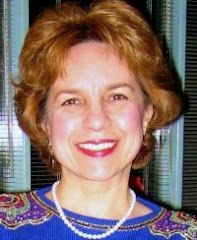




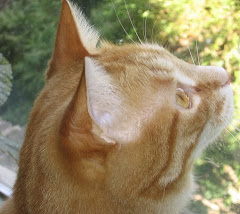


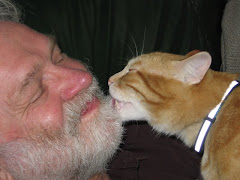

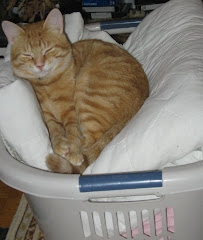





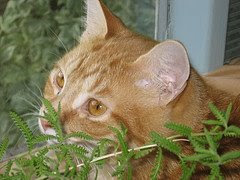

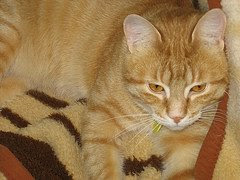
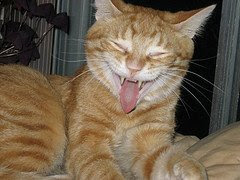
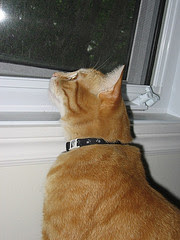
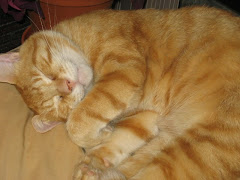
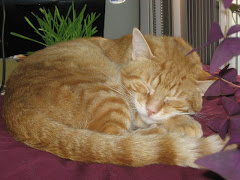
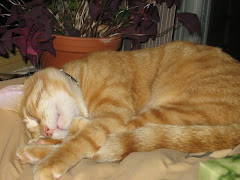


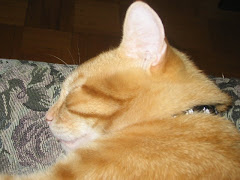


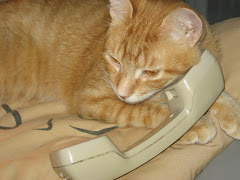
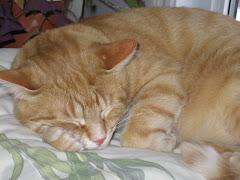
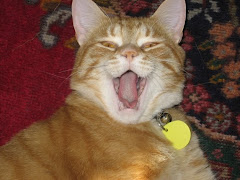

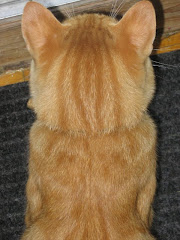
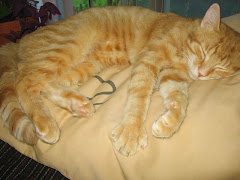
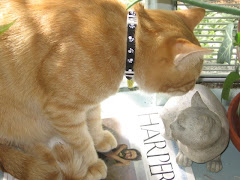

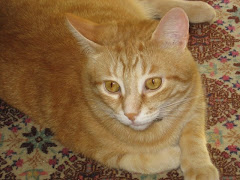


2 comments:
Dear, Fusun, I can relate to this piece. My best friend is a potter and he explained the mending of the craft, but you gave me a perfect metaphor of a broken heart. Thank you. My mother was my best friend but my father I feared. Both have gone to their reward. Today I went to my home place one last time. My first memory of the house was in 1948. My comfort was when I closed the door behind me I knew it was my final visit. The house was sold. Still there's a fracture line in my heart and I felt pains brought from my childhood. They don't go away. John
Dear John,
You're right. The pains don't go away — some may dull in time. On the upside, it is those pains and the hairline fractures we carry in our hearts that make us re-live memories,seek answers, question with the perpective of our accumulated life experience and write in the hope of making some peace with the past.
Best wishes,
Füsun A.
Post a Comment